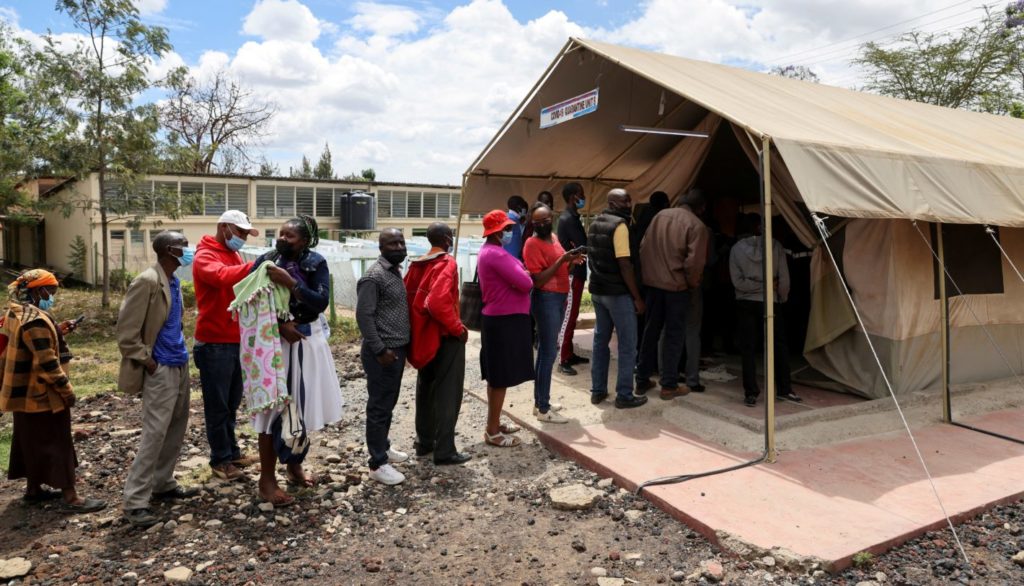Now that the current pandemic seems to be waning, COVID observers have wondered why it has affected Africa much less than more developed countries, while the number of people vaccinated is much lower. In my country, Kenya, which has a population of 55.7 million, and where the government's vaccination target is currently 27.2 million, only 7.3 million, about a third, have been vaccinated. To date, the country has experienced about 323,000 cases and 5,638 deaths (as of February 21, 2022).
However, countries in Europe with comparable population numbers have had 20 to 25 times more deaths. Is this due to climate, diet, natural immunity, the physical condition of the population, or some other reason? When the pandemic becomes endemic and comparative studies are done, it will be interesting to know why. But the question remains: why have fewer people in Africa chosen to be vaccinated, even when vaccines were available, and especially among certain groups? To an outside observer, the reaction in more developed countries has been that the government wants the population to be vaccinated for their own benefit and for the general good; so you trust the leaders when they say the vaccines are safe; so you accept the vaccines and trust that all will be well.
This implicit trust in government and what it decides cannot be assured here. In fact, a large segment of the population distrusts the government, both implicitly and explicitly; a government directive that has to do with one's personal life, family and future is likely to be viewed with suspicion.
As in the rest of Africa, most Kenyans are young and expect to live many more years. Their source of news and opinions is social media, rather than newspapers or other print media. Newspapers, according to them, give the "official" view; social media reflects "real life," our "real concerns." In this particular case, social media picked up the news that vaccines are experimental, undergoing testing and therefore unreliable, and when Facebook blocked the page this seemed to prove their point.
Based on past experience, when Africans strongly suspected that they were being used as guinea pigs to test vaccines or medicines, especially those that might render them sterile - and Africans still want to have children - they are understandably suspicious and reluctant to take the risk.
Even among those vaccinated against the coronavirus there must be a good number who were vaccinated to keep their jobs, since, rightly or wrongly, this was the policy of the company or institution for which they worked; they were told "Get vaccinated or you will be replaced."
When just before Christmas last year, a time when many people shop and travel to their places of origin to spend the Christmas holidays and New Year with their families, an official directive was issued that since social distancing would be difficult to enforce, supermarkets, hotels, restaurants, etc., all public transportation should only allow customers or travelers with a valid vaccination certificate, and this included even access to government services, there was an outcry, and a case was taken to the high court to prevent this. The court ruled in favor of the protesters.
Africa is a very social place; when the handshake and the hug were officially banned, we invented the elbow bump and the fist bump. But the handshake and the hug could not disappear, and now they are back, "unofficially" of course. And the mask? On the street, from the beginning, most people wore it around their chin or under their chin and adjusted it only when asked; now most people don't wear it and keep it in their pocket just in case....
But besides the "healthy" and "more humane" approach of officialdom, there is perhaps a bigger reason for the fear and resistance to closures and restrictions: without being able to move around and do business and visit, life here cannot go on. People have to have the freedom and be able to put bread on the table every night before the children go to bed. Life has to go on and must be allowed to go on, freely. If it doesn't, people will make sure it does.





 How promising is the future of the Church in Africa?
How promising is the future of the Church in Africa?





